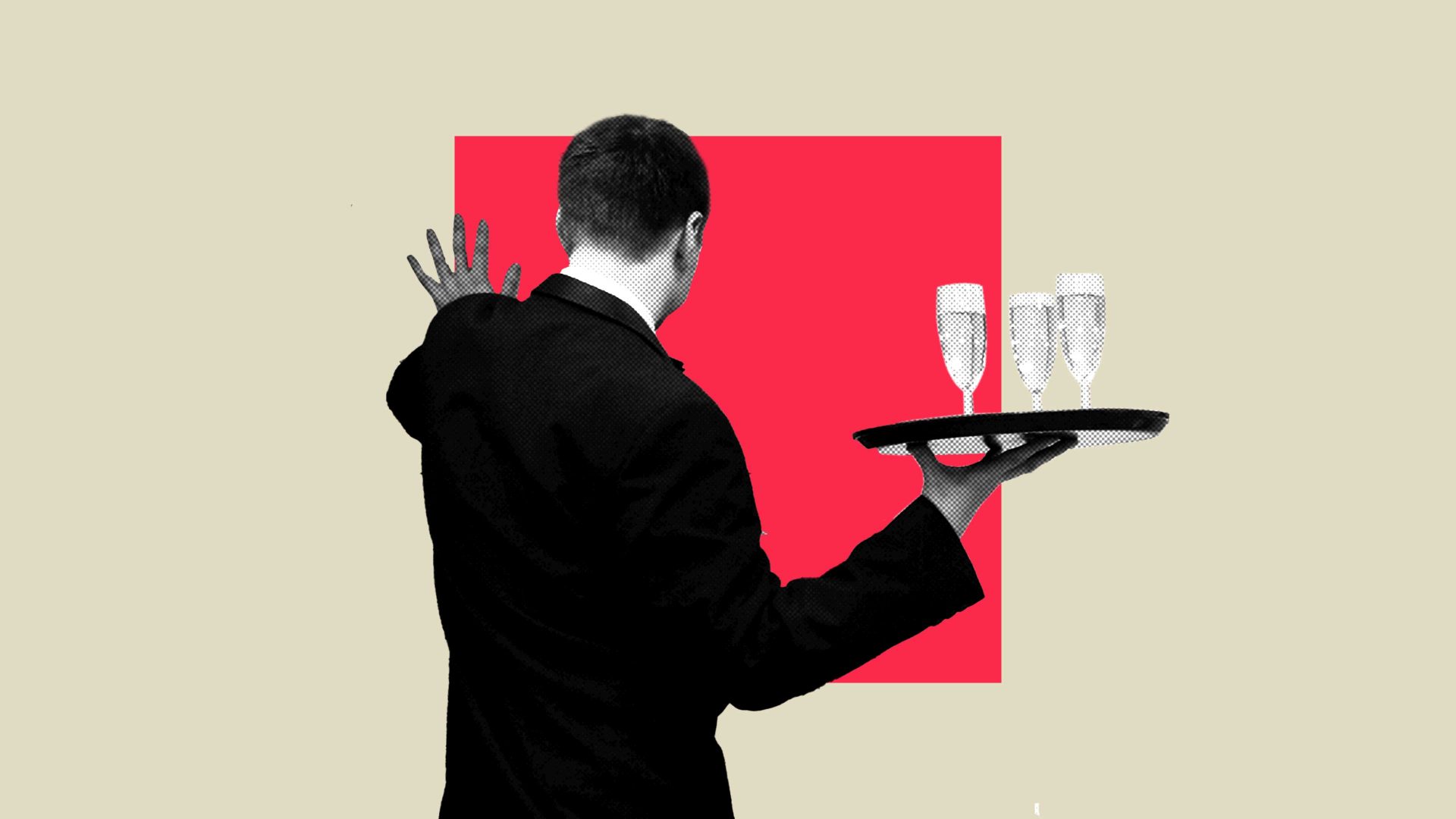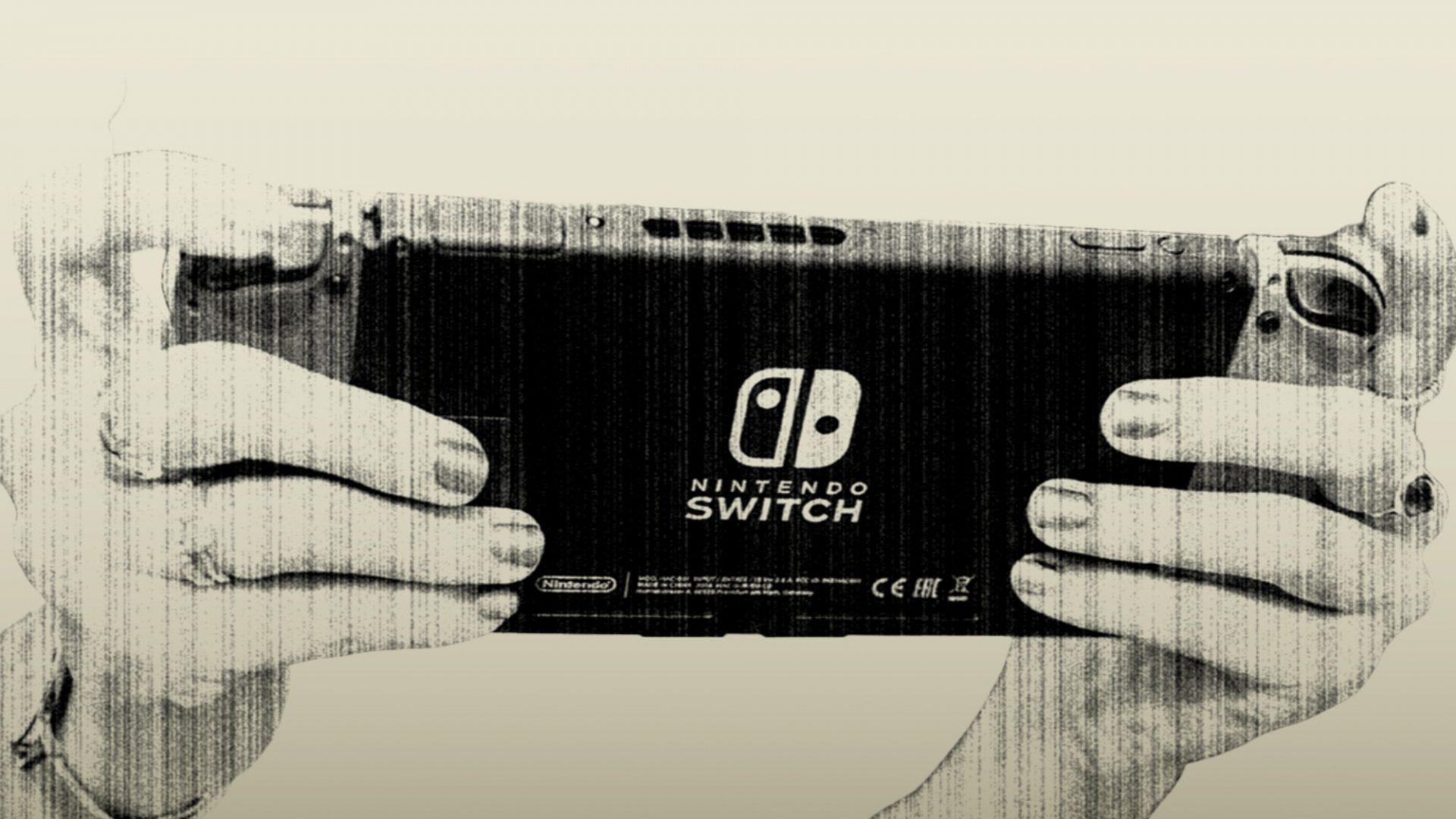Jean-Paul Sartre, the best-known of the French existentialists, was born on June 21, 1905. It’s unlikely that many waiters will be celebrating his birthday this week.
Like many philosophers looking for examples to illustrate their ideas, Sartre found them right in front of his nose.
Gilbert Ryle, for instance, writing The Concept of Mind in the 1940s in Oxford, discussed a visitor to the city, who sees the colleges, the laboratories, the library and so on, and asks “But where is the university?”
This was to illustrate his idea of a category mistake, the kind of error made by those who think of the mind as an immaterial spirit inhabiting the body and distinct from our behaviour and dispositions.
Sartre liked to write in Parisian cafes, particularly the Deux Magots and the Flore on the Boulevard Saint-Germain-des-Prés.
When he wanted to explain the experience of absence, that kind of nothingness we feel when something is missing, he used the example of arranging to meet his friend Pierre at a cafe, and not finding him there.
When he wrote about “Bad Faith”, a special kind of self-deception, he looked up from his notes, and found an exemplar was bringing him his coffee.
Sartre describes the cafe waiter: his movements are a little too quick, a little too precise. He leans forward to serve people, and his actions, his voice, his eye movements, are all just a little too solicitous.
The way he carries his tray of drinks, toying with the equilibrium, is mannered.
For Sartre, it seems that the waiter is playing a game, the game of being a waiter. He is going through the motions as if he were some kind of automaton.
But he is a human being and can’t become a mere machine.
To Sartre, observing him closely, thinking about what it means to be free, the waiter is caught up in a web of other people’s expectations about what he should be, how he should appear. There is a role that has been created for him and he plays it as if defined by it.
At the heart of Sartre’s existentialism was the idea that human beings are free – or as he once put it are “condemned to be free”.
We don’t have to exist in a particular way. We find ourselves thrown into existence, in a world where we have no choice but to decide what we will become (and where not choosing is also a choice).
There aren’t reliable guidelines for how we should decide what to do, partly because there is no God to give us help. There are facts about us (he calls these our “facticity”) such as where we were born, who our parents were, how tall we are, but these facts don’t determine what we must be.
Like the Stoics, Sartre believed it entirely up to us how we respond to circumstances. Entirely.
A human being doesn’t follow any blueprint. We are, he claimed (somewhat implausibly), radically free. Consequently, we must become artists of our own lives, fashioning ourselves as we go along.
To pretend that we aren’t this free was, Sartre declared, Bad Faith, a denial of our ability to transcend the givens of existence.
For Sartre, the waiter’s way of being revealed him to be in the grip of Bad Faith, deceiving himself at every moment about his real freedom.
His actions implied that every day he had to show up and perform his role, clean the cafe, serve customers, give them the bill, move on to the next customers, perform this highly choreographed dance of being a waiter.
Though he doesn’t say this, the implication of the passage in Being and Nothingness where he describes this scene is that Sartre is somehow more authentic than the waiter.
Sartre isn’t sympathetic to the waiter’s plight, but sees him as lacking something, a recognition of his own freedom.
Sartre, in contrast, knows he is free and that he doesn’t have to be a philosopher, knows he could put down his pen and never write again. Not only does he know this, but he has an elaborate metaphysical theory about the nature of existence that underpins it.
But think about this from another perspective. To the waiter, this man who comes into the cafe every day and sits there writing and discussing ideas, playing the role of the intellectual in a public place with other customers as his audience, might have looked just as much in the grip of Bad Faith as the waiter seemed to Sartre.



